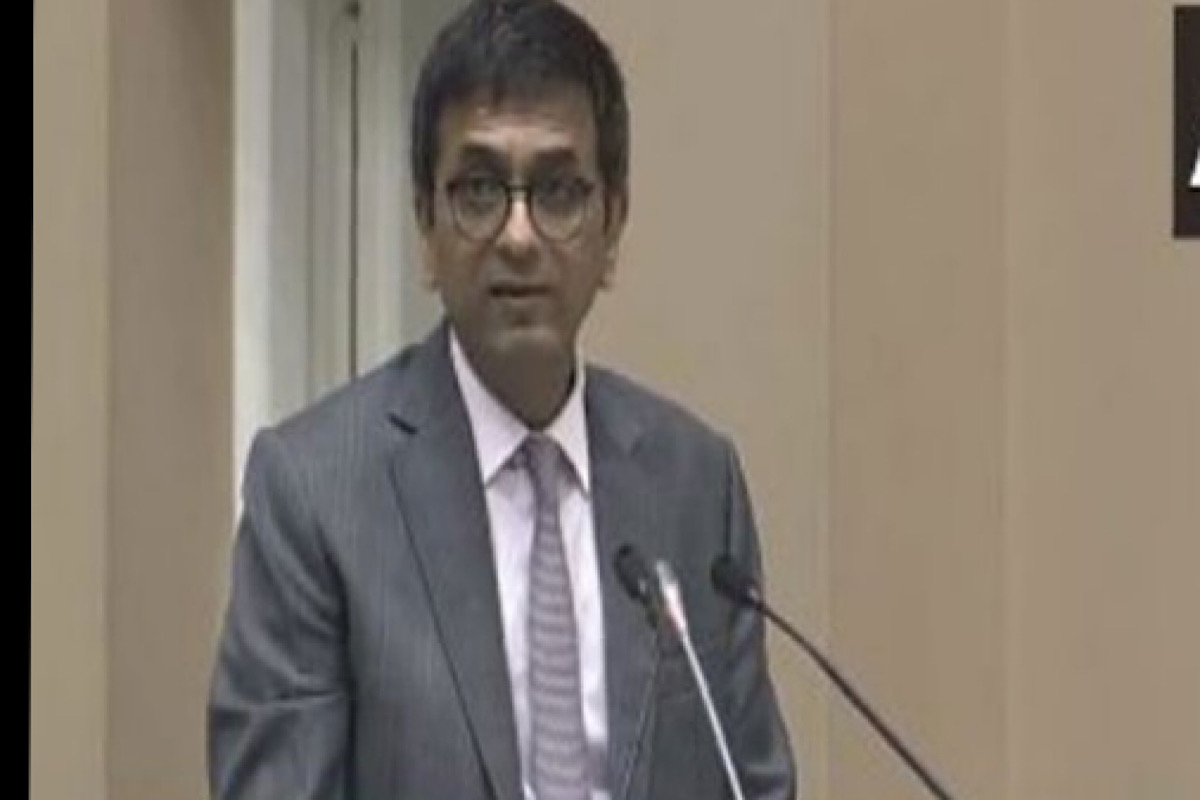Chief Justice of India (CJI), DY Chandrachud, on Monday said judges, though not elected, play a vital role as the judiciary is a stabilising influence on society as it evolves rapidly with the advent of new technologies.
CJI Chandrachud made the remarks while speaking at the 3rd Comparative Constitutional Law Discussion on ‘Perspectives from the Supreme Court of India and the United States’.
The event was hosted by Georgetown University, Washington, DC.
Advertisement
The CJI said there are constitutional values that are eternal and critical to the existence of nations, adding that democracy and the rule of law ultimately survive and thrive.
“I believe that judges have a very vital role to play. Though we are not elected, we don’t go back to the people every five years to seek their votes,” the CJI said.
He added that he does believe that the judiciary is “a stabilising influence in the evolution of society, which is now so rapidly evolving with technology”.
“We represent, in a sense, the voice of something that must subsist beyond the vicissitudes of time,” CJI said.
“I do believe that we have a role to play in the overall stability of our own civilizations, of our own cultures, particularly in the context of a plural society such as India,” he added.
CJI Chandrachud said he does believe that courts today have become the focal point of engagement for civil society and social transformation, and, therefore, people approach the courts not just for outcomes but “for a voice in constitutional change”.
He added that the courts have a vital role to play in “steadying the ship when so much is happening all around in our societies”.
He said the fundamental duty of judges is to look at the histories of discrimination that the people have suffered and use the constitution as a peaceful means of bringing about a social transformation.
He also pointed out that in “so many societies across the world, one can find that the rule of law has given way to the rule of violence. Hence, the key to a stable society is the ability of judges to use the Constitution and their own platforms as a platform for dialogue, for reason and for deliberation”.
He said that in the process of constitutional deliberation that goes on in the court, one fosters a new and emerging consensus. “In that consensus which emerges through the process of judicial deliberation, one puts out hope for a better future for our societies,” the CJI said.
He added that the Indian Constitution “speaks of fraternity and postulates the equality, brotherhood, and unique oneness of our civilization”.
“Therefore, to my mind, when you interpret the Constitution, you interpret the Constitution as a living or organic document,” he said.









